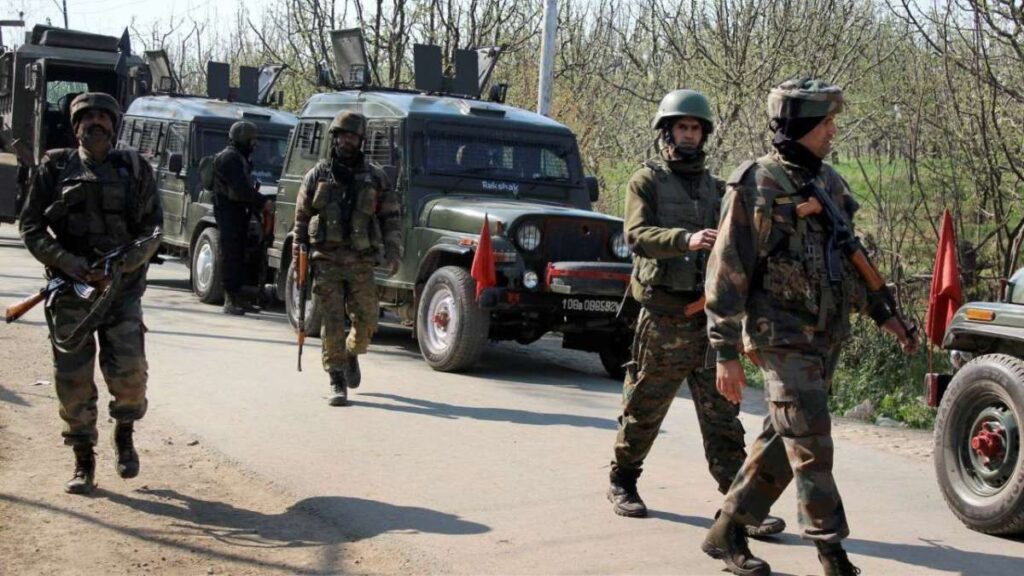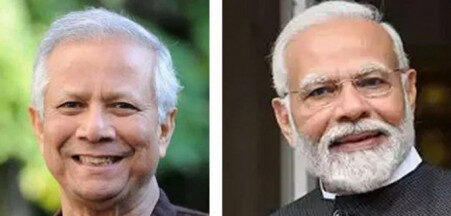The Indian Army has launched a significant counter-terrorism operation in Jammu and Kashmir, deploying 500 Para Commandos in response to a recent escalation in terrorist activities. This strategic move comes as part of a heightened security initiative aimed at neutralizing terrorist threats and ensuring stability in the region.
The decision to deploy such a large contingent of elite commandos follows a series of attacks attributed to insurgent groups operating from across the border. Over the past few months, Jammu and its surrounding areas have experienced a surge in violence, including ambushes on security forces and civilian targets. The increased aggression has been linked to a renewed push by Pakistani-based terrorist factions to destabilize the region.
The Para Commandos, known for their rigorous training and specialization in high-risk operations, will be involved in a range of activities, including intelligence gathering, targeted raids, and enhanced patrolling in vulnerable areas. Their deployment underscores the Indian Army’s commitment to countering the immediate threat posed by these groups and restoring a sense of security among the local population.
Recent attacks have prompted the Indian government to reassess its security strategy in the region. The Jammu sector has become a focal point due to its strategic significance and its proximity to the Line of Control (LoC), which has historically been a hotspot for cross-border insurgency. The deployment of the commandos is seen as a tactical response aimed at both deterrence and active engagement with insurgent elements.
Military experts suggest that this operation will involve sophisticated surveillance and precision strikes to target key terrorist operatives. The use of advanced technology, including drones and electronic warfare systems, is expected to enhance the effectiveness of the commandos’ mission. Additionally, the operation aims to disrupt the logistical and communication networks of the insurgent groups.
The heightened security measures have been met with a mixed reaction from local communities. While some residents welcome the increased presence of security forces as a necessary step to curb violence, others express concerns about potential disruptions and the impact on daily life. The Indian Army has emphasized its commitment to minimizing civilian inconvenience and maintaining a strict adherence to operational protocols that prioritize the safety of non-combatants.
The Indian government’s approach reflects a broader strategy to address terrorism through both military and non-military means. Efforts to engage in dialogue with various stakeholders, combined with a robust military response, are intended to create a comprehensive framework for countering terrorism in the region. This dual approach aims to address not only the immediate threats but also the underlying issues contributing to the insurgency.
The deployment of the Para Commandos is expected to continue as part of an ongoing effort to stabilize Jammu and Kashmir. The operation represents a significant escalation in the Indian Army’s efforts to address the terrorist threat and reflects the broader regional dynamics at play. The effectiveness of this operation will likely depend on the successful integration of intelligence, tactical operations, and community engagement.
As the situation develops, the Indian Army’s actions in Jammu will be closely monitored by national and international observers. The success of this operation could have implications for future counter-terrorism strategies in the region and contribute to shaping the broader security landscape in South Asia.




 Bangladesh Protests Are Part Of Geopolitical Turmoil In South Asia
Bangladesh Protests Are Part Of Geopolitical Turmoil In South Asia 